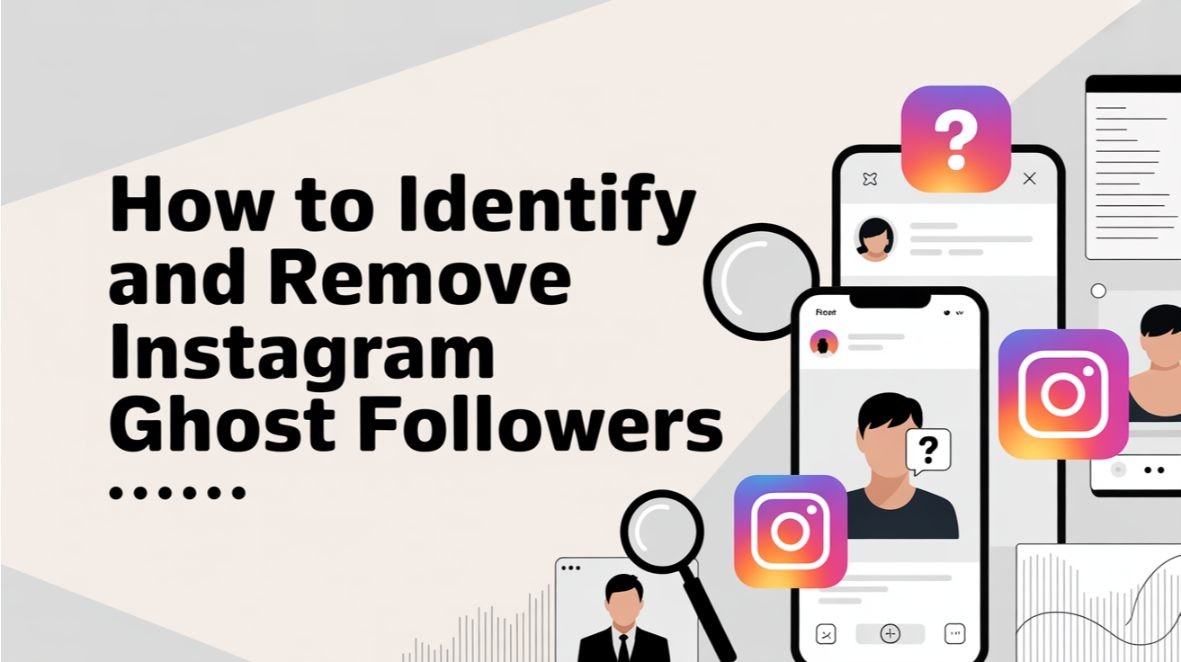How can digital marketing be useful for small businesses?

Organizations have undergone major operational changes in the new digital environment. Digital marketing stands out as the ideal solution for new businesses in both the marketing and technology areas to boost business growth. Digital marketing has grown in importance for small businesses in recent years.
Today, digital marketing is the go-to solution for organizations all around the world. With individuals spending more time online than ever before and conducting the majority of their everyday activities online, businesses that want to effectively reach their target audience must use the internet as a marketing platform.
Small businesses today operate in a deliberately competitive environment, frequently competing with major players in the industry. To level the playing field, these small companies resort to digital marketing, a low-cost and easily available tool in our technologically advanced culture.
Several compelling reasons present for small firms to pursue digital marketing strategies:
Building Relationships: Effective marketing is about engaging and connecting with customers, not just selling a product or service. Developing genuine relationships with your target audience may foster trust and loyalty, resulting in great customer feedback and business growth.
Equal Opportunity: Small businesses often struggle to reach potential customers through traditional marketing channels. Digital marketing, on the other hand, provides a level playing field. It is not limited to major organizations even small firms can use online marketing strategies to communicate with a wide online audience.
Cost-Effective: Digital marketing methods are both efficient and cost-effective. They produce outstanding outcomes without the high cost of traditional marketing tactics. Because of its low cost, it is an excellent solution for small firms with limited resources.
Competitive Advantage: Competitors are already working online in a digital landscape. Small companies must actively monitor their competitors' digital marketing activities and learn from them. Benchmarking and implementing creative techniques might assist small firms in standing out and attracting clients who may be unaware of their presence.
Reputation Building: Expanding your market reach and effectively engaging with customers can enhance your brand's reputation. Customers who are pleased with your product or service are more likely to tell others about it, expanding your buyer network and enhancing your internet visibility. To compete effectively, small firms must establish brand recognition.
Measurability: Unlike traditional marketing, digital marketing provides methods for reliably measuring the effectiveness of your efforts. This data-driven strategy allows you to track the effectiveness of your marketing initiatives and make informed decisions for ongoing improvement.
Operational Consistency: A company website is accessible 24 hours a day, seven days a week, allowing you to acquire leads and client data even when the office is closed. Live chat and contact forms are excellent tools for client interaction and data collection.
Increased Sales and Revenue: Think of digital marketing as a rippling effect. Reinvesting a percentage of your earnings in targeted assistance, such as PPC advertising, might result in significant development. Effective marketing normally costs around 10% of revenue; therefore, budgeting is critical.
Competing Globally: Digital marketing enables even small and new businesses to expand globally with a relatively small investment. You may have an online presence and communicate with clients regardless of where you are, effectively competing with larger competitors.
Transparency: Direct and real relationships with clients are encouraged by digital marketing. It provides for client input and community building, but it must be handled with caution. Positive client experiences can lead to positive feedback and help your business succeed.
Versatility: A successful digital marketing strategy adapts to changing business needs. Various methods, like SEO, content marketing, and conversion-based ad campaigns, can be used by different types of organizations. It is critical to evaluate results and alter methods on a regular basis.
Email marketing: When done correctly, cold emailing can lead to conversions and revenues. This method is successful for many organizations, with 89% indicating that email marketing helps create leads.
Social Media Reach: By utilizing social media platforms such as Facebook, Twitter, and Instagram, you can easily enhance the reach of your business. Small business owners can use social media agencies to boost their visibility and acquire more clients.
SMM (Social Media Marketing) has various benefits for your small business:
Enhanced Brand Awareness: Social media marketing promotes your company, improving its visibility and recognition among a larger audience.
Increased Web Traffic: As more people learn about your company through social media, your website's traffic increases.
Improved Conversions: As you engage with potential customers more effectively, SMM can lead to higher conversion rates.
Unique Brand Identity: Crafting a distinct brand identity on social media sets your business apart from competitors.
Impressive First Impression: Through engaging content and conversations, SMM allows you to establish a favorable first impression on potential clients.
Customer Relationship Building: Maintain relationships with existing customers, fostering loyalty and repeat business.
Improved organic exposure: Social media marketing activities can increase your organic search exposure, making it easier for customers to find you.
Competitor Analysis: Monitor and analyze your competitors' marketing strategies to stay competitive.
Cost-effective: SMM is a budget-friendly marketing option that delivers significant results for small businesses.
Conclusion:
In today's digital age, embracing digital marketing is not just an option; it's a necessity for small businesses looking to thrive in a competitive market and connect with their target audience effectively.
Related Blog
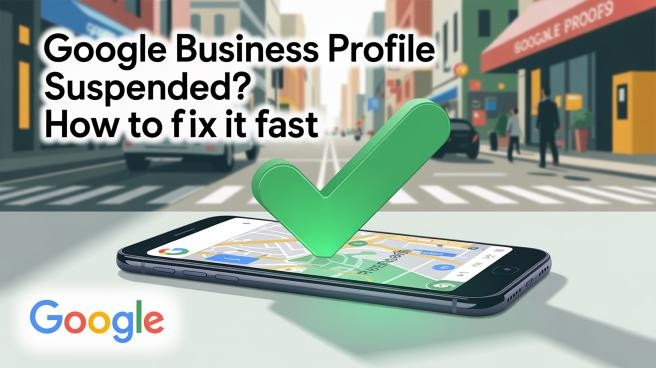
Google Business Profile Suspended? How to Fix It Fast

How to Recover a Disabled Facebook Account?

What to Do If Your Facebook Account Is Hacked and Your Email Is Changed

LinkedIn Shadow Ban: How to Avoid and Fix it

How to Recover a Hacked WordPress Website

How to start an IT company in Dubai

Best Ethical Hacking Companies in Dubai

Webflow vs WordPress Which is Better for Website Design?

20 Tips for Effective LinkedIn Marketing in Dubai

Top 10 Software Development Companies in Dubai


What is the Software Development required for Creating Payment Gateways?

How does Google treat AI Content in SEO?

How to create a proper content distribution strategy

How can Brand agencies bring success to B2B Business in the UAE?

Maximize Sales with e-commerce Advertising Strategies

Schema Markup for SEO: Boost Your SERP Visibility with Structured Data

FIVE STRATEGIES TO INCREASE YOUR BRAND LOYALTY

What are the Branding Strategies for a Small Business in the UAE?

What are the Things to Consider for Hiring Creative Agencies?

What are the different ways to protect the website from unethical hacking?

What are the mistakes to avoid while customizing a WordPress website?

Why is Website Maintenance important for your Business?

Trends of Future Creative Agencies in UAE

How can AI transform digital marketing in the UAE?



How can a powerful Landing Page Design lead to higher conversion?

Checklist to build a winning e-commerce website


WHAT ARE THE SUCCESSFUL ELEMENTS REQUIRED FOR BRANDING A WEBSITE IN UAE?

What are the best web designing tools that can renovate your site?

What are the web designing strategies that can improve the SEO ranking?

How social media impacts the promotion of the business in the Future?

What is the SEO checklist involved in content writing?

Top Ten Mobile App Development Companies in UAE

How do we choose the best brand name for the business in UAE?

What are the top e-commerce Software Solutions required for the IT industry?

Why is user experience crucial in website development?

How to Choose the Right Ecommerce Platform for Your Business

How to Optimize Your LinkedIn Profile for Maximum Exposure?

How Can Branding Agencies in The UAE Promote Businesses?
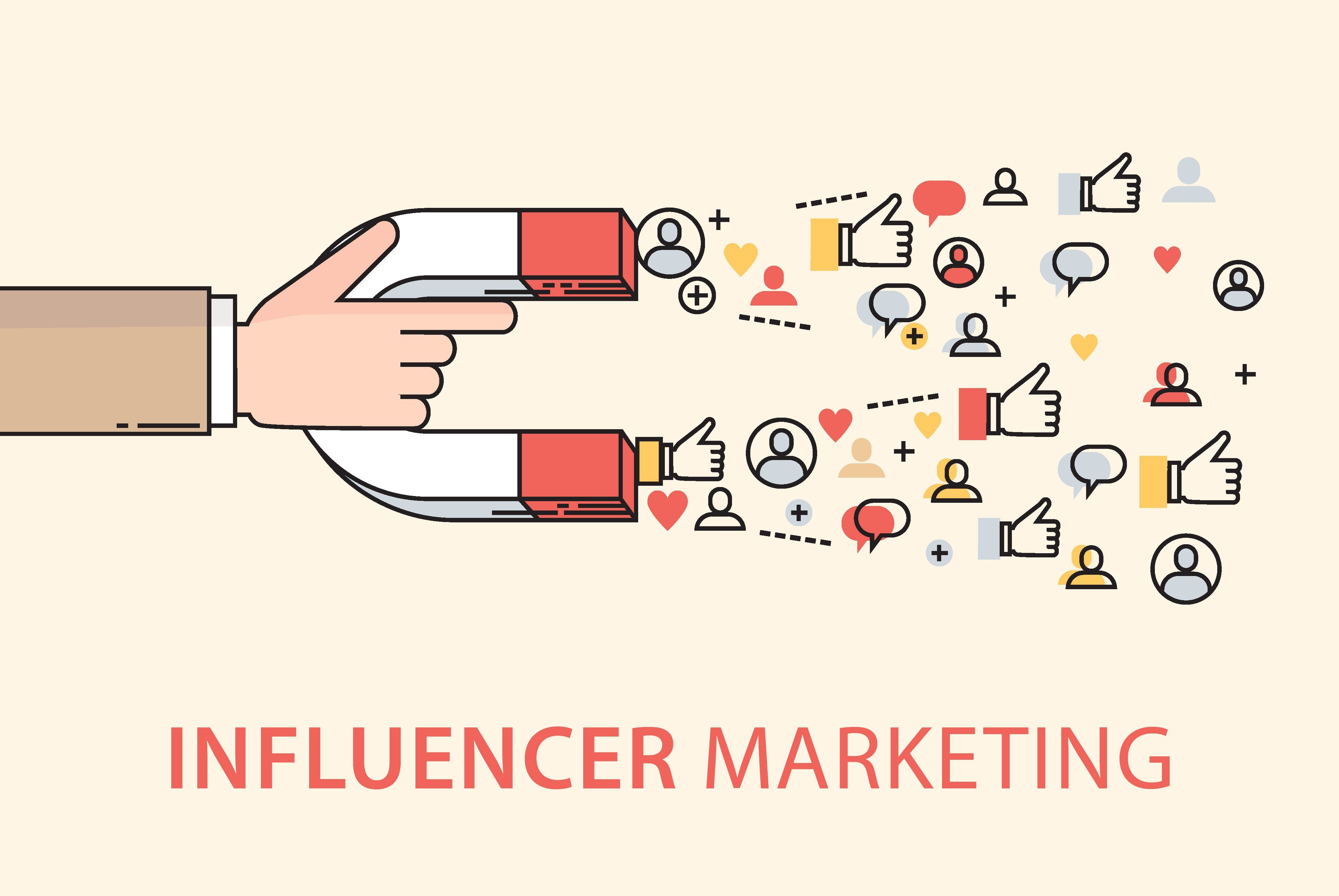
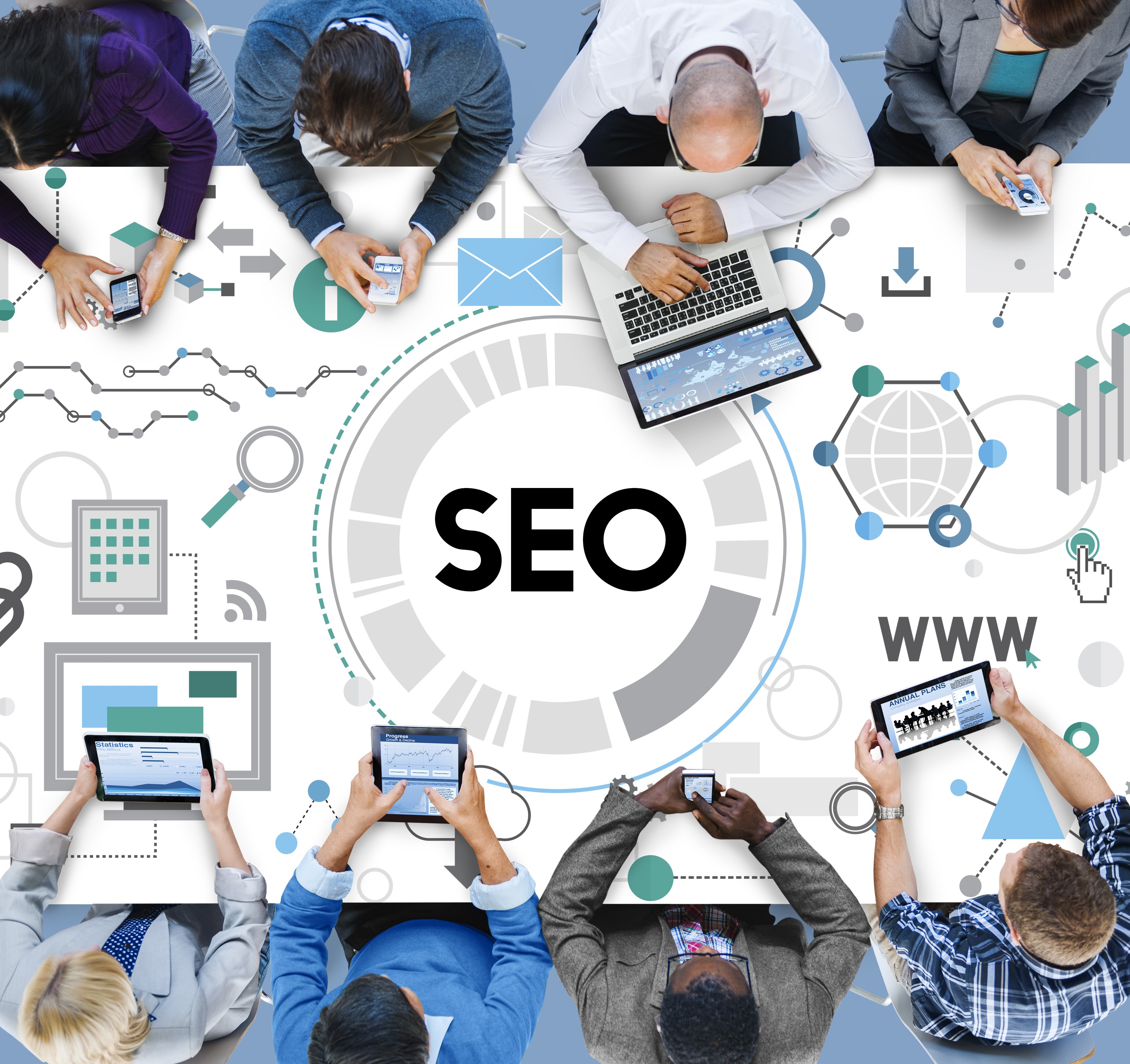
Top 10 SEO Agencies in Dubai

TOP TEN MARKETING CONSULTANTS IN DUBAI

The Top 10 Must Have WordPress Plugins for Your Website

The Future of Facebook Marketing: Trends and Predictions

What are the successful CRM strategies?

Reasons why you should hire a professional branding agency

How Web Development Helps Your Business

How to Grow your digital agency in 2023?

Why Cyber Security is Important for Your Business

Key Factors for Choosing the Right System Integrators
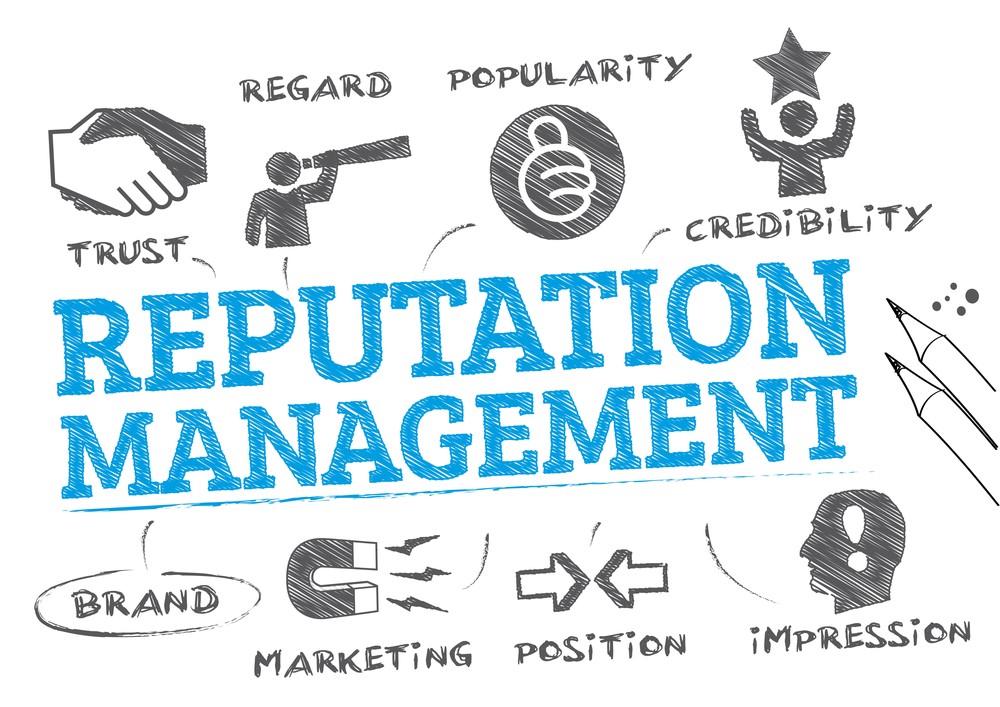
How to Choose the Right Reputation Management Company

How Ethical Hacking is Different from Normal Hacking?

Things to Consider While Choosing a Software Development Company

Top 7 Reasons to Hire a Content Marketing Agency in Dubai

10 Factors to Consider While Selecting Web Designing Companies in Dubai

Importance and Benefits of SEO for Your Business

TIPS FOR CHOOSING A SOFTWARE TESTING COMPANY

Questions You Should Ask Before Choosing A Social Media Agency In UAE
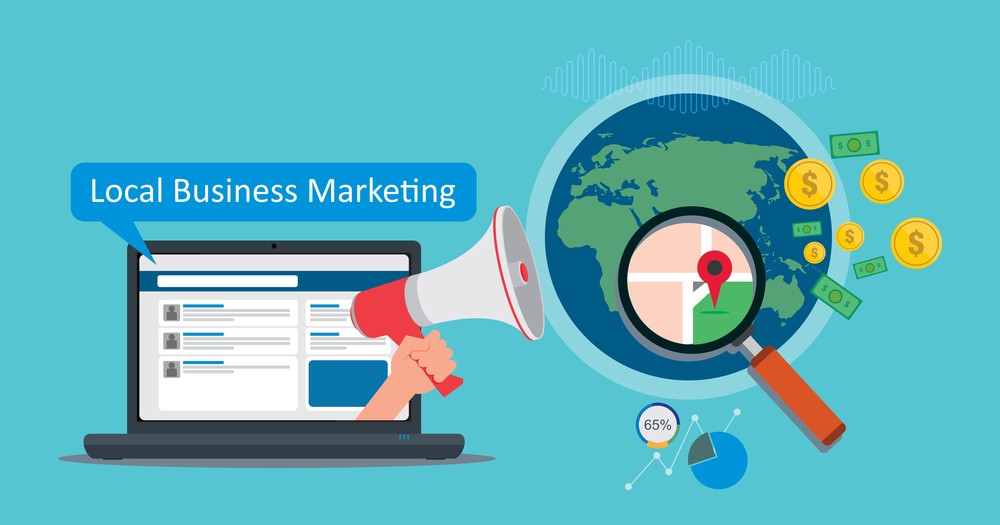
How to Market your Local Business in Dubai?
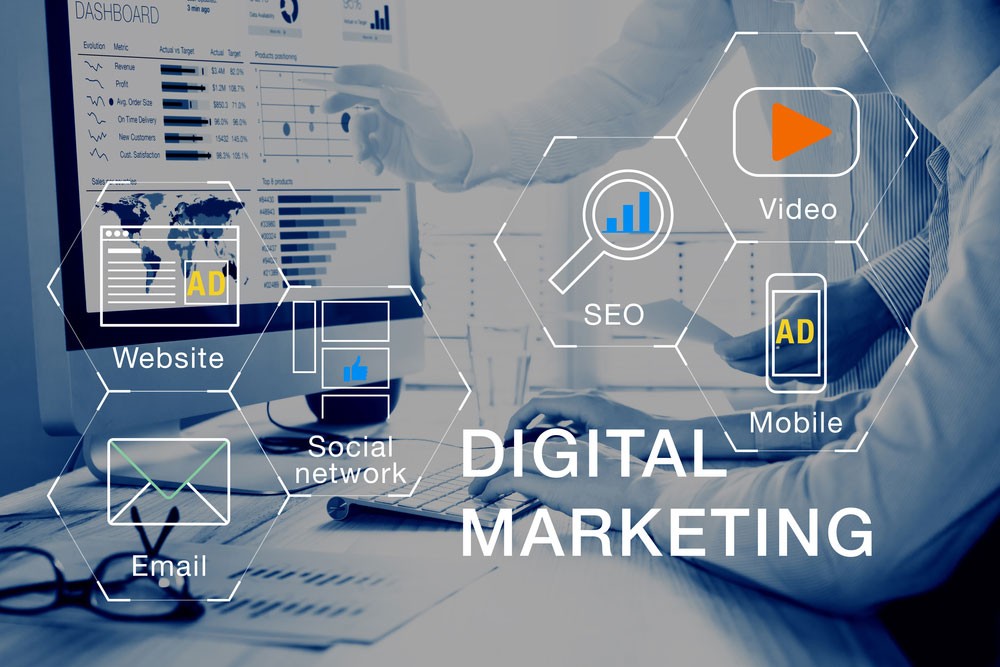
How to choose a good digital marketing agency for your business in Dubai

